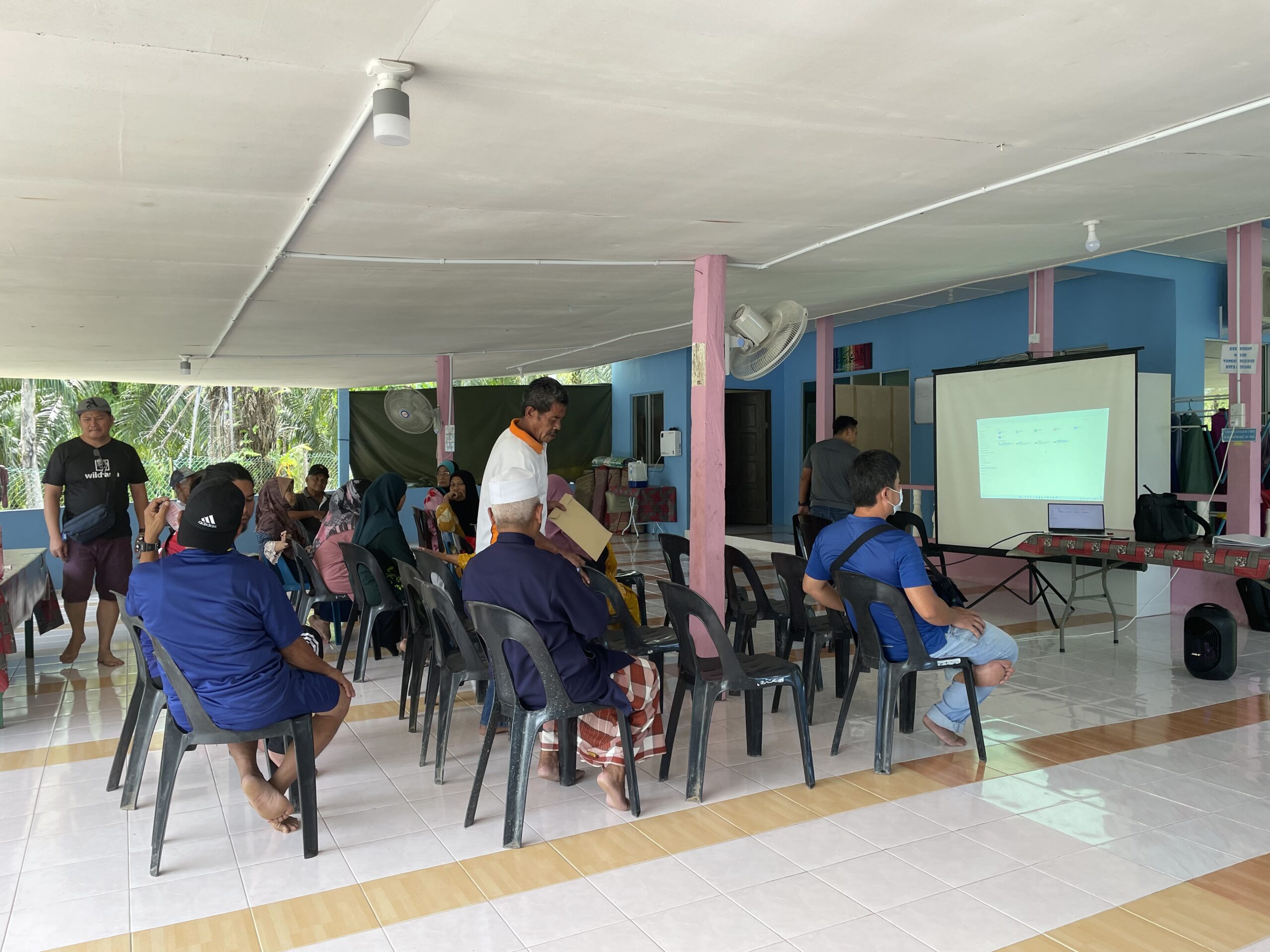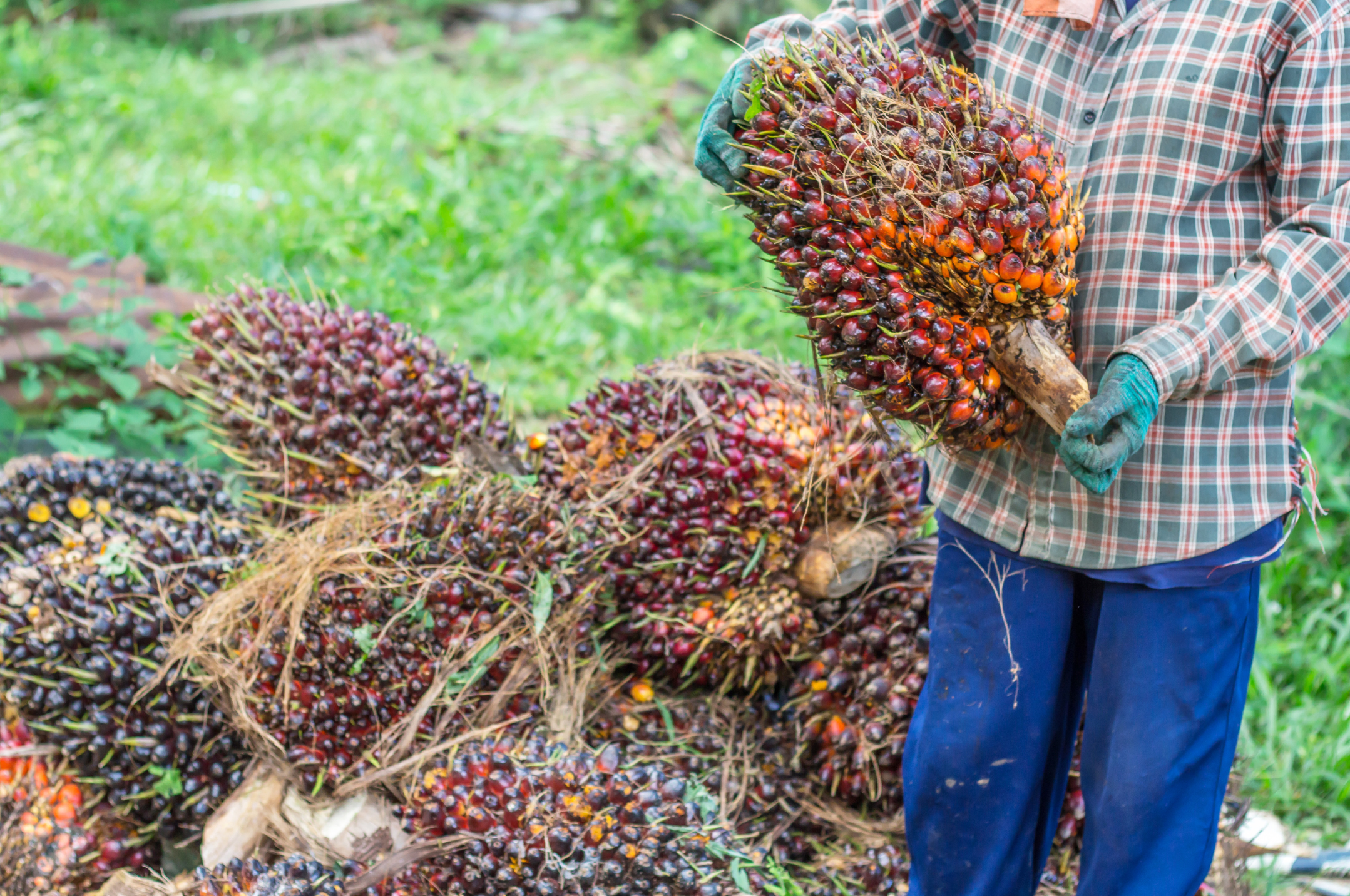How Integration of Ulula Tech Benefits Wild Asia Group Scheme Palm Oil Smallholders
Client

Region
Sector
Industry Overview
In Malaysia and Indonesia, which are the two largest producing countries of palm oil, smallholdings represent approximately 40% of total area for oil palm production. In Malaysia, smallholdings consist of smallholder farmers who own 100 acres of land or less (approx. 40.46 ha).
Ulula’s partner for this program, Wild Asia, pioneered a scheme for small palm oil producers (consisting of the smallholders and small growers who own between 41 ha to 500 ha of land) through a program called Wild Asia Group Scheme, also known as WAGS. WAGS is a management system that was created to address challenges faced by independent small producers to improve their farming practices and support them towards compliance with international standards by providing the necessary technical assistance, training and capacity building for these groups.

Objective
Developing a one-stop information and reporting system for palm oil smallholders
Solution
Leveraging technology to increase visibility into working conditions and support on-the-ground capacity building
The smallholders are able to download the OWL app on Android, iOS and Huawei App Stores for free and fill up the surveys and records or lodge and discuss their grievances at their own time.
Representatives from Wild Asia are able to log into the Ulula main dashboard to monitor and check the records submitted by smallholders via the OWL app, which includes records of their expenses, sales and chemical use records, highlighted grievances and wildlife sightings.
Key features of the smallholders’ use of the OWL app:

Multilingual surveys
Anonymous responses
Two-way communication

Hub for resources

Real-time data analytics dashboard
Ulula Technology Used
Surveys
Grievance Mechanism
Dashboard
OWL App
Process
PHASE 1: Co-Design of the Program
As the smallholders operate in areas close to wildlife habitats, therefore, the system has a direct reporting functionality for any form of wildlife sighting that allows for WAGS to be informed and escalate the news to the State or National Wildlife Department should there be immediate action or assistance that is needed from them.
The adoption of OWL app in the farmer’s operations serves as a model for how technology can be adopted to improve the practices of smallholders and improve the visibility of issues faced by the smallholders, paving the way to safely and effectively address grievances and concerns raised. The solution provides a framework that can be scaled and customized to ensure compatibility with smallholders within various agricultural sectors and scheme groups.
PHASE 2: Onboarding Wild Asia and co-boarding the smallholders onto the programs
PHASE 3: Wild Asia monitors the participation and responds to grievances
About Wild Asia
Leverage stakeholder engagement tools to increase visibility into working conditions on the ground
Connect with us to learn about how our suite of technology can be uniquely adapted to your organization’s use case.

